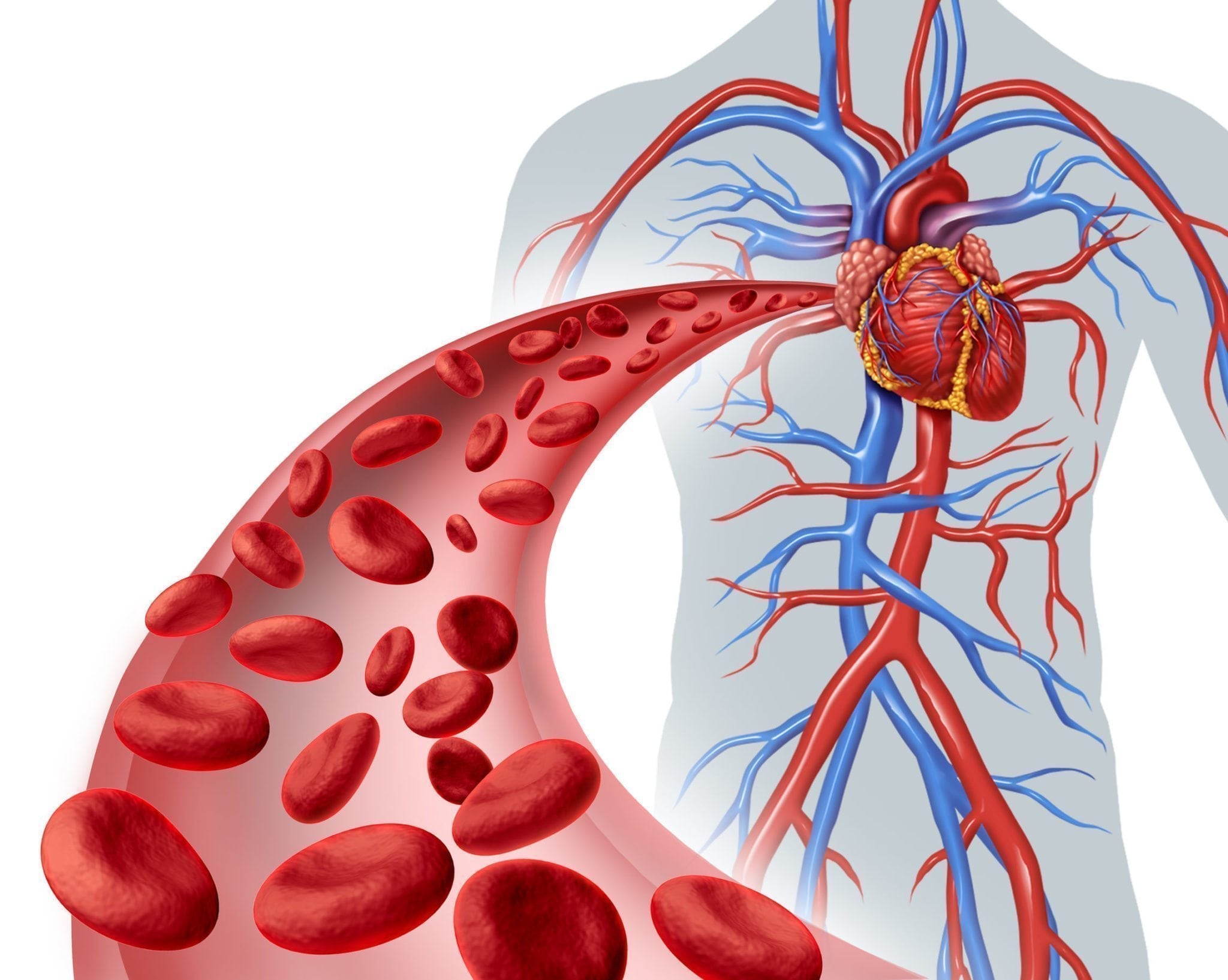Homocysteine
Homocysteine is an amino acid produced by the breakdown of proteins. The high levels of homocysteine are also known as hyper-homocysteinemia. Homocysteine high levels may cause blood clots and damage the arteries in your blood vessels. High levels of homocysteine indicate folate and vitamin B-12 deficiency. The normal homocysteine level in blood is less than 15 micromols per liter of blood. High homocysteine levels are divided into three main types. Moderate homocysteine is 15-30 mcmol / L, intermediate is 30-100 mcmol / L, and severe is more than 100 mcmol / L.
Symptoms of High Homocysteine
In adults, homocysteine does not cause any symptoms; however, it can occur in children. Symptoms vary from one person to another. Your physician may recommend a homocysteine test if you have symptoms of a vitamin deficiency. Vitamin B12 deficiency symptoms are weakness, dizziness, pale skin, mouth sores, tingling sensation in the arms, hands, feet, legs, fatigue, and mood swings. Folate deficiency symptoms are often mild and are the same as vitamin B12 deficiency symptoms. These include mouth sores, tongue swelling, fatigue, development issues. Anemia overlaps folate and vitamin B-12 which cause additional symptoms such as fatigue, personality change, irregular heartbeat, pale skin, weakness of muscles and unstable movements, numbness in the hands and feet, weight loss, breath shortness, dizziness, confusion, or forgetfulness.
Causes of High Homocysteine
Homocysteine is usually converted to other amino acids for the body to use. Vitamin B assists the body in utilizing homocysteine. If you have high homocysteine levels, you may have vitamin B deficiency. Most people with high homocysteine levels do not get enough vitamin B6, vitamin B12, or folate in their diet to meet their body’s needs. Consumption of these vitamins often helps normalize homocysteine levels. Other possible causes of high homocysteine levels are kidney disease, thyroid hormone low levels, certain medicines, psoriasis when you have a family history of this condition.
Pregnancy Complication in females
During pregnancy, homocysteine levels should decrease. Although in some cases, the homocysteine levels increase. Hyperhomocysteinemia is linked with neural tube defects of the fetus that cause multiple conditions, including abruption, placental vasculopathy, preeclampsia, and recurrent miscarriage. It is suggested that folate consumption may decrease the neural tube defects risk in the fetus. A study showed that hyper-homocysteinemia was linked to a two- to three-fold increased risk of pregnancy-induced hypertension, abruption placentae, and restricted intrauterine growth.
Additionally, hyperhomocysteinemia leads to oxidative stress in pregnancy. In uteroplacental tissues, oxidative stress has been recognized in severe uteroplacental disturbance development, an unusual but serious pregnancy complication. Further, hyperhomocysteinemia and oxidative stress were observed in women at risk of miscarriage or premature birth. As a result of hyper-homocysteinemia, these complications indicate the need for homocysteine testing.
Diagnosis of High Homocysteine
To measure your physician may perform a blood test to determine how much is in your blood. It can also indicate the cause of blood clots if you are deficient in vitamins. You may have to fast before the test. Certain vitamin or medication supplements can affect the test results.
Treatment of Homocysteine High Levels
Once you are diagnosed with high homocysteine levels, you may need to change your diet to lower homocysteine levels. If you are deficient in vitamins, you can increase B vitamins and folic acid consumption by eating foods rich in folates, such as orange juice, green vegetables, and beans.
Conclusion
High homocysteine during pregnancy is linked with neural tube defects of the fetus that cause multiple conditions, including abruption, placental vasculopathy, preeclampsia, and recurrent miscarriage. Folate consumption is recommended to decrease the fetus’s neural tube defects risk.





